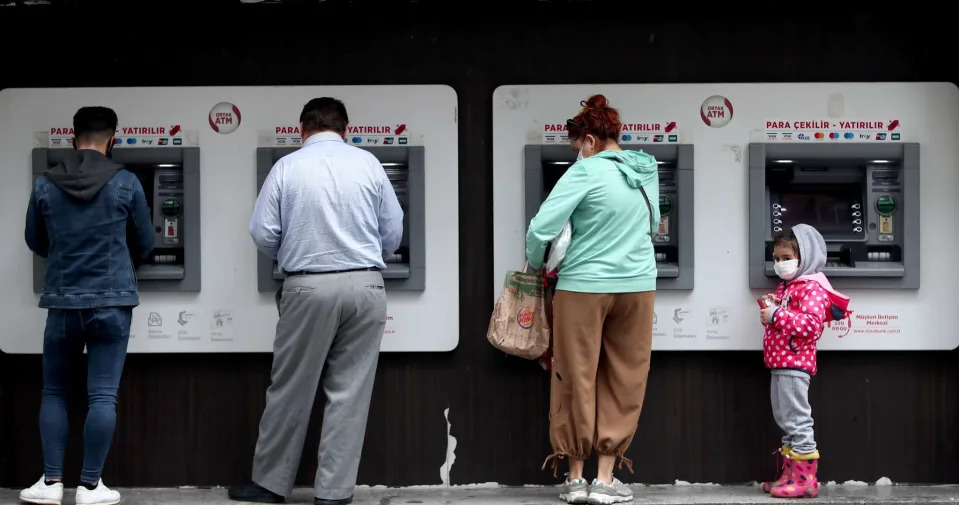The Central Bank of Turkey decided this Thursday to maintain interest rates at 14% for the sixth consecutive month, when year-on-year inflation already exceeds 73%, the maximum in 20 years.
The Bank announced its decision in a statement, practically identical to those of previous months, in which it attributes the increase in inflation to “the rise in energy prices due to geopolitical events”, which cause “negative supply shocks” .
Therefore, the institution announces, interest rates are maintained at 14%, the level at which they have been fixed since a drop of one percentage point last December.
Inflation, which had been just above 10 percent during 2020, hit 48 percent in January, 61 percent in March and 73.5 percent in May, though many independent economists believe it is actually much higher.
The lowering of rates below inflation last year corresponds to the indications of the Turkish president, Recep Tayyip Erdogan, who has repeatedly demanded a low interest policy because, in his opinion, not shared by the majority of economists, the High rates would encourage inflation.
The president has changed the governor of the Central Bank four times since July 2019.
Turkish Finance Minister Nureddin Nebati acknowledged earlier this month that the government had chosen not to curb inflation but rather to go for growth to encourage production and exports, even knowing that this would harm the lower income classes.

